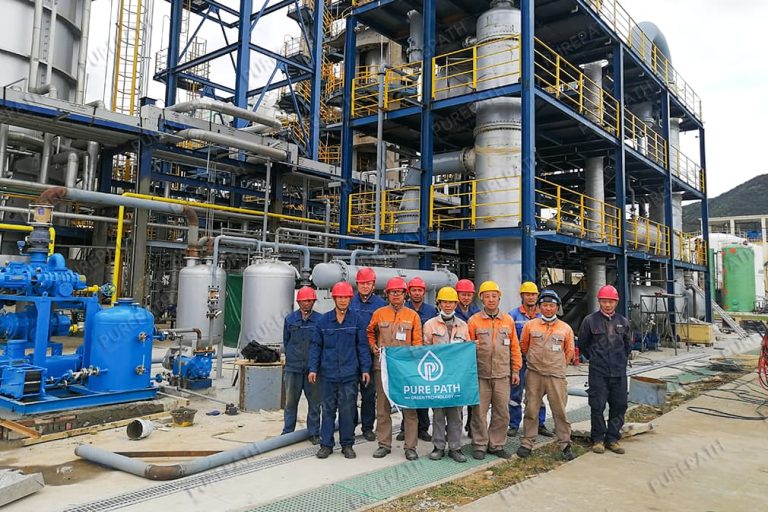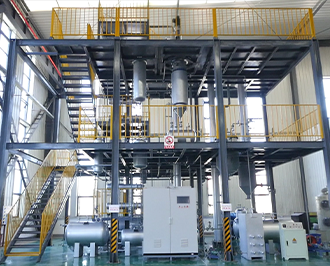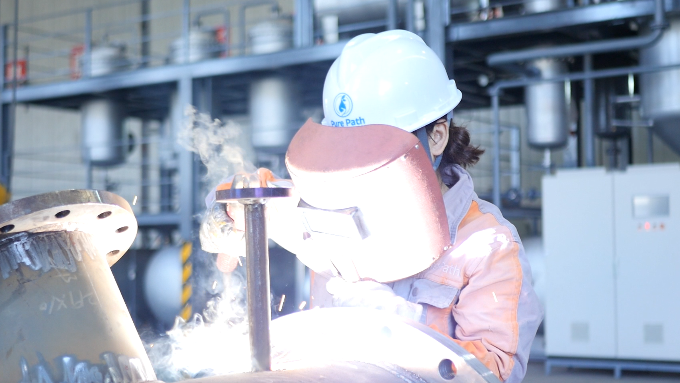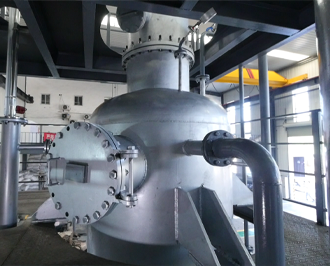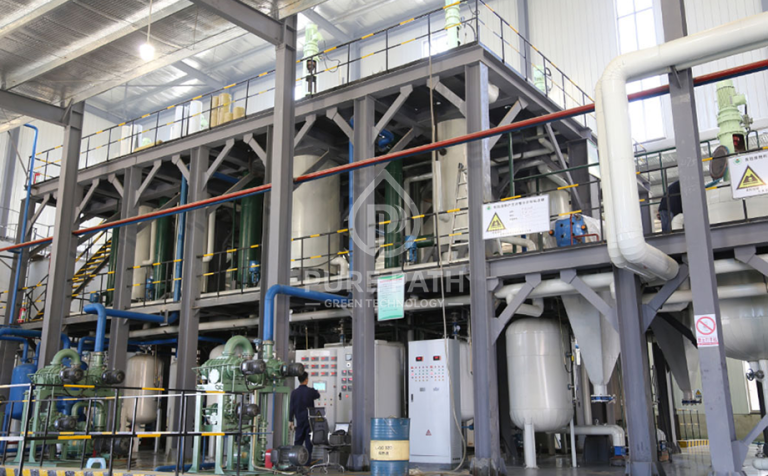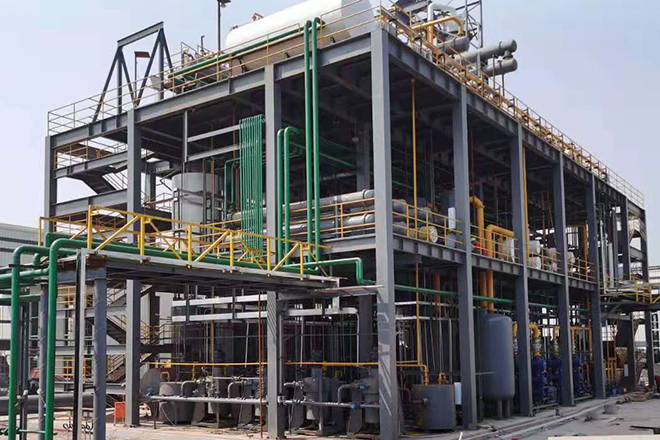Recycling of Used Motor Oil
Home / Literatures The EPA estimates that there are 1 billion gal/y of used lubricants generated in the United States. Of this, 200 million gal/y are disposed of improperly. Additionally, it is believed that 40% of this material is poured directly into the ground [1]. These disposal methods not only pose a significant threat to…


